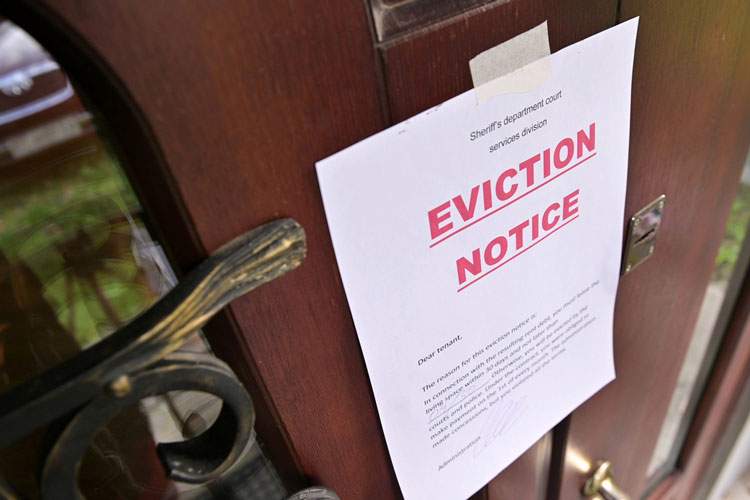Hire An Eviction Lawyer If You Have Rental Disputes
The intricacies of eviction laws, which most often than not seek to protect the tenant, require the landlord to hire an eviction lawyer. Due to this penchant to support the tenant whose home is at stake, the judge may make it difficult for the landlord to win the case.




